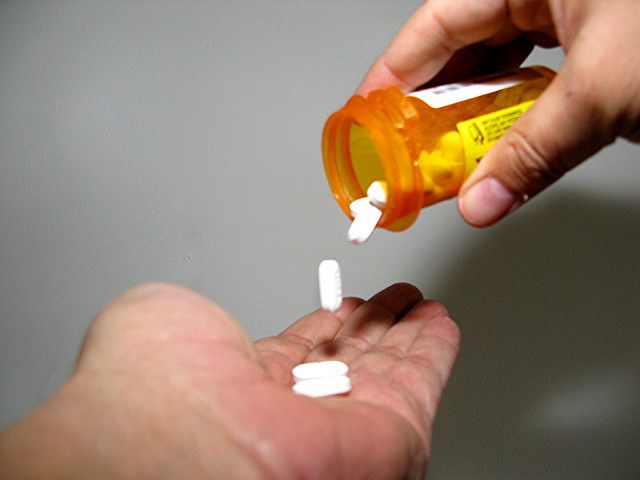
One in 10 Americans admits they’ve offered or given their unused prescription drugs to a friend or family member for either medical or recreational use, according to findings from a new consumer study conducted by Stericycle, a provider of highly specialized compliance-based healthcare and waste solutions. Despite that, a majority of Americans (75%) believe that people sharing or selling their unused prescriptions, including opioids (e.g., oxycodone, hydrocodone, morphine) is contributing to the growth of the opioid epidemic, they are still sharing prescriptions.
Impact of Americans’ Opioid and Prescription Drug Sharing
The 1200-person consumer study, “Unused Prescriptions & The Opioid Epidemic 2019,” revealed Americans are sharing their unused prescriptions, 72% believe having a safe and secure way to dispose of leftover/unused prescription drugs would help combat the opioid epidemic (up 3% from 2018 (69%). In fact, the majority (71%) of Americans surveyed said their pharmacist, doctor or prescribing medical professional does not inform them of drug disposal methods, compared to nearly one in four Americans (24%) who say their pharmacist, doctor, or prescribing medical professional has informed them.
This gap in education contributes to improper disposal methods with nearly one in three (29%) Americans admitting they have placed leftover/unused prescription drugs in the trash (up 4% from 2018) and more than one in four (26%) have flushed leftover/unused prescription drugs down the drain/toilet (up 1% from 2018). Despite improper disposal methods, more than half of Americans (60%) are concerned that the flushing of unused painkillers, like oxycodone, hydrocodone, morphine, etc., could pollute their drinking water or make its way into their communities’ rivers and lakes (down 1% from 2018).
Additional findings from the Unused Prescriptions and the Opioid Epidemic study include:
More education and access to proper disposal methods are needed
– The majority of Americans (86%) say they would feel comfortable asking their doctor or pharmacist how they should dispose of any unused portion of their prescriptions.
– 80% of Americans say if their local pharmacy retailer had a free prescription/over the counter medication drop-off kiosk, they would use it to dispose of unused medication/prescriptions.
– However, more than half of Americans (65%) do not know if their pharmacy allows them to turn in unused prescriptions for free.
Americans hold on to unused prescriptions
– Americans hold on to their unused prescriptions for future use (37%) (up 7% from 2018), for fear of their illness returning (35%) (up 3% from 2018) or because they don’t know how to get rid of them (18%) (up 4% from 2018).
– In fact, 47% of Americans currently have 1-3 bottles of unused prescriptions in their medicine cabinet followed by eight percent with 4-6 bottles, two percent with more than 10 bottles and two percent with 7-10 bottles. This is compared to 2018 data which showed 42% of Americans had 1-3 bottles, nine percent had 4-6 bottles and two percent had 7-10 bottles.
– Gen Z is the most likely to keep leftover/unused prescription drugs for future use with 40% admitting they have kept leftover/unused prescription drugs for future use, compared to 36% of Millennials and 37% of Baby Boomers who said the same.
Impact of Key Findings
“This report provides valuable insight on how consumers use, share and dispose of prescription drugs,” said Cindy Miller, President and CEO Elect of Stericycle, Inc. “While solving the opioid epidemic is a complex issue that requires support from all angles, there are steps that consumers, health care providers, and medical professionals can take today to combat the effects of the epidemic. We believe increasing education on how to safely and securely dispose of unused prescriptions is a critical step that prevents them from ending up in the wrong hands or in our waterways.”
